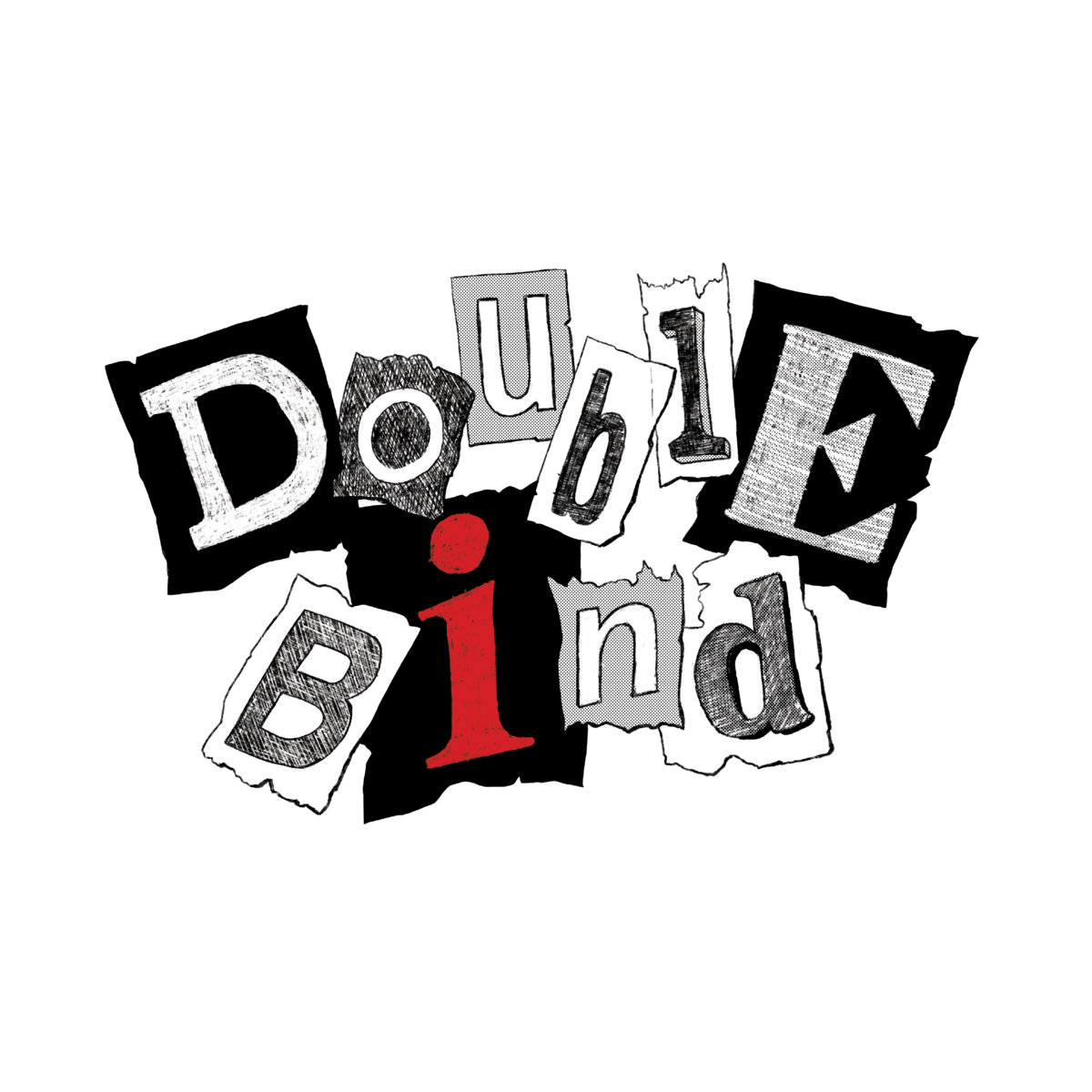Virginity – Bad Jazz | Album Review
/Smartpunk Records
There’s this video of Deer Tick playing “La Bamba” at Firehouse 13 that I used to watch almost every day when I was in high school. It was the coolest shit I’d ever seen, and it made me want to play in a band so bad just because I wanted to be part of something like that. This is a feeling I often find myself chasing when checking out new music; many surface-level things might make me like a band, but the bands that I come to love are the ones that make me feel how I did when I was watching that video–like being in a band is the coolest thing in the world.
Bad Jazz, the latest release from Florida power-pop outfit Virginity, is an album that makes me feel this way. Simply put, Virginity just sound like a band that would rule to be in. It’s unbelievable how densely they’ve packed Bad Jazz with moments that light the pleasure centers of your brain on fire: the chorus of “2 Sad 2 Get Stoned,” the jangly guitar on “Any Good Thing,” the bass slides on “Midweekend,” it all just hits. Awesome moments keep feeding into awesome moments, with so many payoffs that had me viscerally nodding my head the way I do when Columbo hits a suspect with the “just one more thing.”
“2 Sad 2 Get Stoned” is my favorite track on the album and one of the best rock songs I’ve heard this year. It also exemplifies a contrast found across Bad Jazz; these swaggering songs that sound like they could soundtrack the best night of your life are largely about feelings of doubt and inadequacy. “Is this where you saw yourself when you pictured the progress that you’d hoped to make, or has that been postponed?” At the song's start, Casey Crawford sings over a foreboding backdrop of low thundering toms and swelling guitars, “Was the image that you conjured a portrait of you laid up for weeks, feeling too sad to get stoned?”
As the track continues, what was simmering boils over, and the song shoots forward into a ferociously sung pre-chorus before turning back for another anticipation-building verse. The next time we get through the pre-chorus, things take off into the kind of soaring hook rock critic Ken Tucker was looking for when he applied some number 45 sunblock and went fishing for power-pop. What really sells this hook is Crawford belting it without inhibition; this is something that’s consistent across the album’s best choruses, he often gets about as close to yelling as you can get without actually yelling. The fact that he’s so palpably giving it his all gets you so hyped you feel like you could throw a football 300 yards. It has a similar appeal as the chorus of Superdrag’s “Sucked Out,” where you hear John Davis’ voice border on cracking, there’s just nothing else like a vocal that sounds like it’s approaching the edge.
Even when Crawford’s singing is more reserved, like early on in “Swinging South,” there's a Chekov’s Gun-like quality where you know he could floor it and send the band into overdrive at any moment. When Crawford steps on the gas, the instrumentation never fails to meet him; when a hook gets you hyped, a drum fill keeps you there, and there’s always a hot guitar lead or bass lick just when the song calls for it. When Virginity go hard (which is most of the time), they commit fully, and their fearlessness in pursuit of this pure rocking momentum can only come from an unfakeable confidence in the music they're making.
This self-assuredness is never more evident than on the appropriately named “Nashville Hot Chicken,” a blistering love song that lasts just over two minutes because if it were any longer, the band would spontaneously combust. Here, we see Virginity working from a place of bliss rather than doubt as Crawford sings about the intoxicating promise of a budding new relationship: “Still not tired, isn’t that strange? I’m over most folks within a day.” The song's energy matches the rush you feel in the early stages of love, where you realize that this really might be something.
Virginity are able to hit it out of the park over and over again on Bad Jazz because they fully believe in what they’re doing. It’s an album without half-measures or choices made to please a specific audience or algorithm. The music, even when it’s about sucking, is made with the kind of unbridled joy that I saw in that Deer Tick video back in high school. This is a joy that can so easily be ripped away from a band by various external forces early on in their existence; the fact that Virginity have been able to hold onto it and put it on this record is special. Its presence throughout the album reminds us that as we oscillate between feelings of frustration/love/doubt, there will always be joy to be found. This is something that’s tough to convey without sounding cheesy or trite, which is why the way Bad Jazz makes you feel it, in a way that goes beyond any specific words or lyrics, is so valuable. It’s life-affirming music, and I think that’s the coolest thing in the world.
Josh Ejnes is a writer and musician living in Chicago. You can keep up with his writing on music and sports on Twitter and listen to his band Cutaway Car here.










